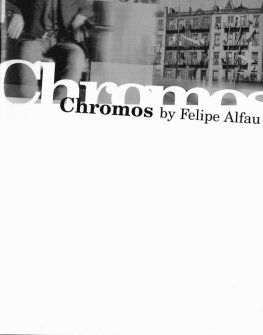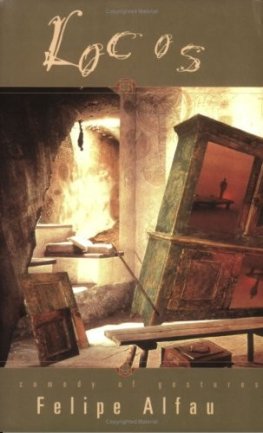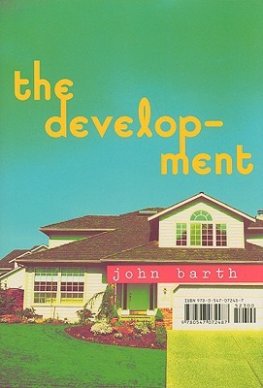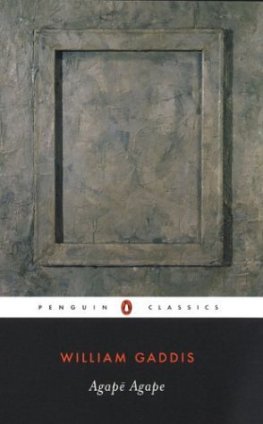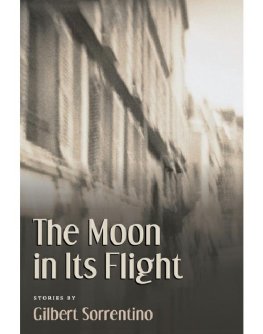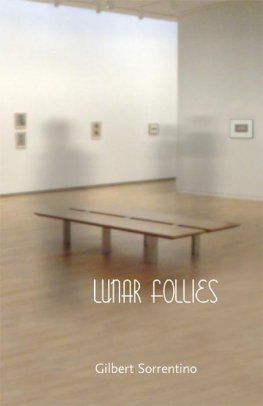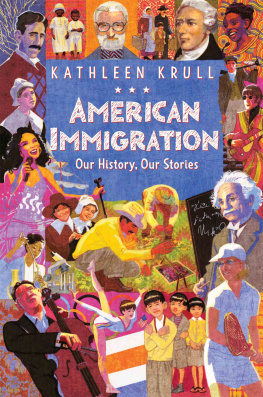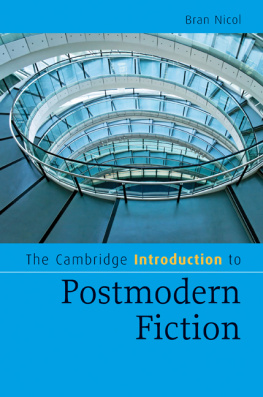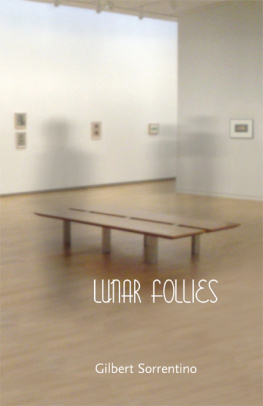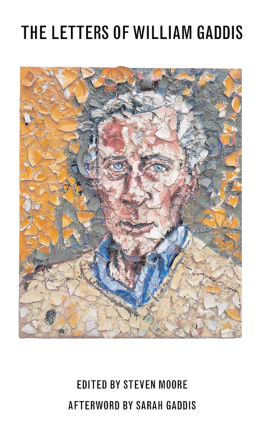Felipe Alfau and the Temptation to Exist
It is a mistake to think of the expatriate as someone who abdicates, who withdraws and humbles himself, resigned to his. outcast state. On a closer look, he turns out to be ambitious, aggressive in his disappointments, his very acrimony qualified by his belligerence. The man who has lost everything preserves as a last resort the hope of glory, or of literary scandal. Will he venture into another idiom? It will not be easy for him to renounce the words on which his past hinges. A man who repudiates his language for another changes his identity, even his disappointments. Heroic apostate, he breaks with his memories and, to a certain point, with himself.
E. M. Cioran, The Temptation to Exist.
I dont see how anybody could like my books or could even understand them. They are unreadable.
Felipe Alfau.
There is an affliction among novelists known as second-book trouble, which can mean anything from writers block following an initial success to failure to get a second book published. Felipe Alfau may have set a distance record for this event with Chromos, the Menippean satire1 you are about to read. The story of Chromos, which I reviewed for the Chicago Tribune in 1990, is as good as any of the many stories it contains and can perhaps help introduce the new reader of Alfau to one of the oddest Modernist writers of the twentieth century actually, he was a proto-postmodernist, to use Ilan Stavanss term2and to what is probably his final work, here being reissued by Dalkey Archive Press (as of this writing, Alfau is ninety-six and living in a New York City retirement home).
During the 1920s Alfau, whose family had emigrated from Spain to the United States in 1916, when he was fourteen, wrote a brilliant novel called Locos: A Comedy of Gestures that took eight years to find a publisher but was reviewed ecstatically by the novelist Mary McCarthy in Nation when it was published in 1936 and in an afterword fifty-three years later when it was reissued by Dalkey. Chromos was finished in 1948 but remained in typescript for forty years until it was rescued from oblivion by Dalkey editor Steven Moore presumably no relation to Don Pedro Guzman OMoore Algoracid, the books fantastic presiding genius, who is described early in the action (or inaction) as a slightly daffy Irish-Moorish Don Quixote with sinister overtones of Beelzebub and the only Irishman I ever heard speak English with an Andalusian brogue.
This characters name and description are worth parsing briefly to illustrate Alfaus method of casually planting thematic clues like banderillas in the readers head: Not only does Don Quixote turn up as an unnamed bit player in both Locos and Chromos (in the latter, he is beaten as badly by Don Pedro as he was by the mule drivers in his own novel), but Algoracid combines the name of the Arabic mathematician who invented arithmetical-Khowarazmi, hence algorism and algorithm, according to the OED with the title of the eleventh-century military commander El Cid, Rodrigo Daz de Vivar, who in effect invented Spains national identity; and sure enough, Don Pedro is soon discovered to be an amateur mathematician and physicist who, like the Cid, has become a conqueror even in exile, and who is thus both a loyal subject and a traitor and opportunist comprising pure unadulterated Irish and Moorish blood and ancestry which, according to his genealogical chemistry, made him the most castizo [pure] Spaniarda walking oxymoron.
Finally, he is a Beelzebub in the Mephistophelean sense that he functions as a tempter to the books unnamed narrator, whom we soon recognize as someone very like the author, an emphatically amateur writer whom Don Pedro commissions to compose the book you are reading, the book of the Americaniardi.e., of the typical immigrated Spaniard trying to lose his Hispanic identity in the American melting pot: a beaten individual with delusions of mediocrity whose defeat has gone to his head. This commission is opposed by the books other master of ceremonies, a rather mystical neurologist, Dr. Jos de los Rios, dubbed Dr. Jesucristo by the Moor. Keep your eye on Dr. de los Rios (literally, of the Rivers), because the river he guards is the Styx; by his agency, one of the dead men of Locos comes back to life in Chromos to fulfill a promise made the narrator of both.
Chromos has grown since the last time I saw it, much like a child of friends one hasnt seen in years, but the changes are mostly those that have taken place in myself from having read Locos in the meantime, along with the invaluable Spring 1993 issue of the Review of Contemporary Fiction, which the interested student of Alfau should consult at the first opportunity. To anyone who has never read him, Chromos offers the best route for climbing into Alfau country and its high, rarefied capital, Locos; its longer and more relaxed, though just as intricately structured, and often feels like the work of such disparate contemporary writers as Marquez, Wallace, DeLillo, Pynchon, Eco and I. B. Singer Singer especially, who brought an entire extinct culture with him to America in his head, complete with reactionary, demon-haunted religiosity. Just as medieval, Alfaus characters blink in this grave new world, which they find incredibly licentious yet earnestly insistent on fairness, whose weird inhabitants really think that they can insure their lives against death.
Despite the current ascendancy of such fine writers as Salman Rushdie, Bharati Mukherji and V. S. Naipaul, it is unlikely you will find a more emotionally involving account of what it feels like to be a recent immigrant to these shores, to sense the old world and ones knowledge and memories of it receding while the adopted one becomes even more impenetrable as acquaintance with it grows. The bitter smoke of burning bridges, leading to both the past and to the future, pervades this very funny book.
People who know among them the novelist Charles Simmons, the translator Gregory Rabassa and the late Menippean satirist Chandler Brossard testify in the issue of the Review of Contemporary Fiction already cited that in Chromos Alfau had accurately depicted a whole complicated milieu of gallegos who have come from Spain to New York City and are all too aware that the Americans they meet for the first time find their distinction from other Latin Americans, from Puerto Ricans and Mexicans and Cubans or even Brazilians, to be a difference barely worth noting, much less bothering about: One beaner is pretty much like another in their eyes. In retaliation, the circle of expatriates around Don Pedro and Dr. de los Rios has evolved a snobbery of its own in which anyone who claims to have been born in Spain is considered seriously affected, like an American with a British accent: any Spaniard claiming to be so must be an imposter, the narrator says, particularly if he claims to come from Madrid, to the point that we never believe that anyone comes from there, as if it were an empty city or a place which no one can ever leave. It seems that. to come from Madrid is unbelievable. I have been doubted so much that now I say that I am a Latin American and save myself a good deal of trouble.
Don Pedro is a failed serious musician (Alfau reviewed music for La Prensa) who has had a huge popular success with a band that (like the Mambo Kings in Oscar Hijueloss The Mambo Kings Play Songs of Love) has brought about the Latinamericanization of the United States. [by playing] popular torrid music, twice-imported Afro-Antillean tempos and tropical concoctions. with such an exaggerated rhythm that. they all sounded like someone sawing a heavy log. Think Desi Arnaz, Xavier Cugat and Carmen Miranda, Besame Mucho. Don Pedro has the grace to be ashamed of such stuff and the intellectual capacity to theorize about its influence as a pacific penetration of the dominant Anglo culture, and he engages in a more or less continuous meditation on the comic repetitions of history, or rather, of history first as tragedy, then as farce (Alfau wanted to subtitle

